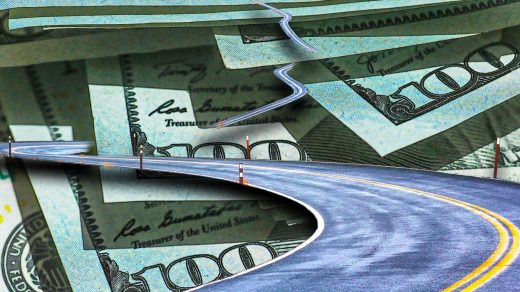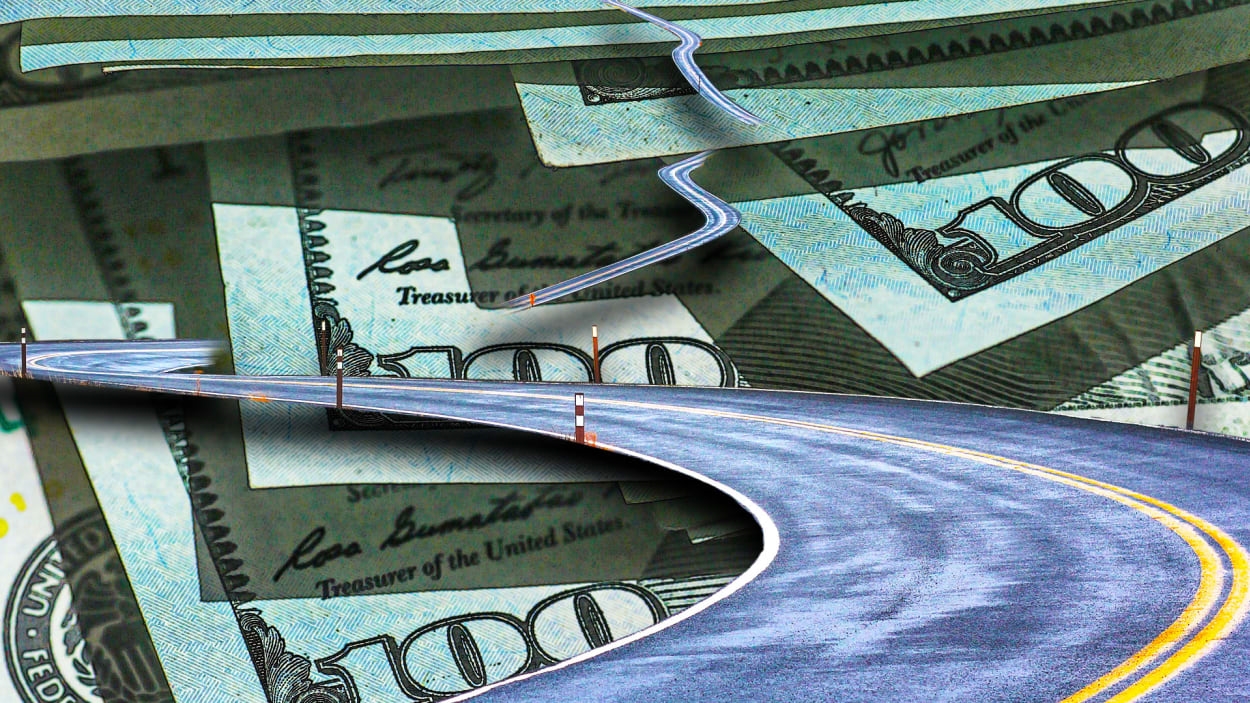After the SVB crisis, what’s next for venture capital?
By Spencer Ante
The tragic and shocking demise of SVB and bailout of its depositors is a watershed, “Too Big to Fail” event for Silicon Valley that will reverberate for years to come, if not longer, bringing significant new challenges to the industry in both the short and long term.
For the small but critically important world of startups and venture capital, things have gone from bad to worse. After a year of upheaval—plummeting stock valuations, dormant M&A and IPO markets, and massive layoffs—the tech industry now bears the indignity of losing a cherished institution that nearly sparked a national financial panic.
It’s hard to overstate the outsize role that Silicon Valley Bank played in the startup ecosystem. The fall of this community pillar prompted legendary venture capitalist, Michael Moritz, longtime partner at Sequoia Capital, to pen a poignant tribute in the Financial Times, lamenting that SVB was “the most important business partner” in Silicon Valley over the past 40 years.
While other banks shunned working with startups, many of which had little to no revenue, SVB made these companies its target customers, providing critical banking services as well as extending venture debt loans and other types of credit. At the time of its collapse, according to its own website, SVB banked around half of all U.S. venture-backed startups. SVB bankers got to know these companies on a personal level, like your local butcher or bartender would; and if they ran into trouble, they tried to find a way to help even if it meant breaching the terms of their loans.
In the near term, there’s no getting around the fact that the loss of SVB means the often harsh world of startups just got a little bit colder. First and foremost, it will mean that startups are losing a key partner and source of capital just as the fundraising environment is getting tougher.
SVB was the largest issuer of venture debt in the startup ecosystem. People outside the tech industry may not realize it, but many post-seed stage startups would take out loans after they raised equity capital. And they would often go to SVB to get those loans. As a condition of getting the loans, SVB would require the companies to keep most if not all of their money with it.
The loans enabled the companies to avoid giving up more expensive equity, while giving them a cheaper source of capital, allowing them to grow their companies and continue operations in between raising equity financing. Venture debt providers would charge high interest rates, with the expectation that the loan would be repaid through future fundraising rounds. In its early years, Facebook raised $100 million in venture debt to pay for computers and data centers. For collateral, the companies would put up their intellectual property like patents, trademarks, or other assets.
There is not a lot of research on venture debt, but in an unpublished paper from this year under review, William Mann, an assistant professor of finance at Emory University, and Juanita Gonzalez-Uribe, an associate professor of finance at the London School of Economics, wrote that venture debt for venture-backed companies is surprisingly common and accounted for 15% of total VC investments since 2010, with over $8 billion per year in 2015 and 2016.
Without SVB, it will be much harder now for startups to get loans. Even if a savior appears and buys the bank part of the holding company, the new owner, without decades of relationships and institutional knowledge, is unlikely to show the same level of flexibility and support for the startup community. Although the bank’s new CEO said Tuesday on a private call that existing credit lines will be honored, he cautioned that the future of the bank is still being charted out and that other nonbank services like venture debt are still being evaluated. The net result is a higher cost of capital and bigger cash crunch for startups, which will likely lead to more distressed companies.
Another consequence of the growing liquidity challenge is increasing pressure on valuations. The crash in public market valuations for tech companies is already hitting the private markets. Many companies are encountering down rounds for the first time in many years. Down rounds happen when a company raises money at a lower valuation than the previous financing, and hurt employee morale as their equity is worth less than before.
Payments provider Stripe, seen as a leading candidate to reopen the IPO market, is reportedly approaching investors about raising more capital at a valuation of $55 billion to $60 billion, down sharply from the $95 billion valuation it reached when it raised money in 2021, according to The Wall Street Journal. The declining access to capital brought about by the demise of SVB and the chill it’s brought to the venture debt space will mean VCs have more leverage to drive down valuations.
Longer term, the fall of SVB is a black eye on Silicon Valley’s reputation. Startups and investors did not make bad business decisions. That’s a big reason why the government stepped in quickly to save depositors. This was mostly a bank failure, not a startup failure. But given the outsize role SVB played in the ecosystem and in corridors of state and federal power, an implosion of this magnitude will bring collateral damage to the reputation of the overall ecosystem. It’s worth noting that SVB CEO Greg Becker was a member of the board of directors at the Federal Reserve Bank of San Francisco. After regulators closed the bank on Friday, March 10, Becker was no longer a member of the board.
Finally, the rescue of the bank’s depositors will bring more scrutiny over the ecosystem and is likely to lead to more litigation and regulation. President Biden has already vowed to push for stronger banking regulations and to hold the people responsible for this mess fully accountable. On Tuesday, March 14, the New York Times reported that the Justice Department has opened an investigation into the collapse of Silicon Valley Bank. Senator Elizabeth Warren, Democrat of Massachusetts, and others are demanding a clawback of the bonuses the bank paid to its executives and the profits they made from selling stock.
Additional scrutiny is likely to also come because VCs pushed for government action over the weekend to avoid the prospect of furloughing employees if startups could not access their deposits to make payroll, according to The Information. There very well could be a price to pay for this unprecedented government backstop. VC mea culpas are popping up all over Twitter and the web. In one tweetstorm, Ashley Mayer, a marketing executive and VC with Coalition Operators, called out a ”huge leadership problem” as “several prominent VCs played a visible role in inciting panic. Many in venture capital (especially the vocal libertarian contingent) have had an openly hostile relationship with government/regulation.”
The startup ecosystem is the golden goose of the U.S. economy and the envy of the world. Many entrepreneurs and investors did come together and performed incredible acts of kindness and support to help companies navigate this crisis over the past week, but it was too little too late. The industry will learn from its mistakes, like having better Treasury management, and new actors will look at this as an opportunity to bring more innovation to strengthen the resiliency of the Valley. But the fall of a foundational institution like SVB has no precedent, and its shock waves will be felt for a long time.
Spencer Ante is the former head of insights at Meta, and author of Creative Capital: Georges Doriot and the Birth of Venture Capital.
(21)



